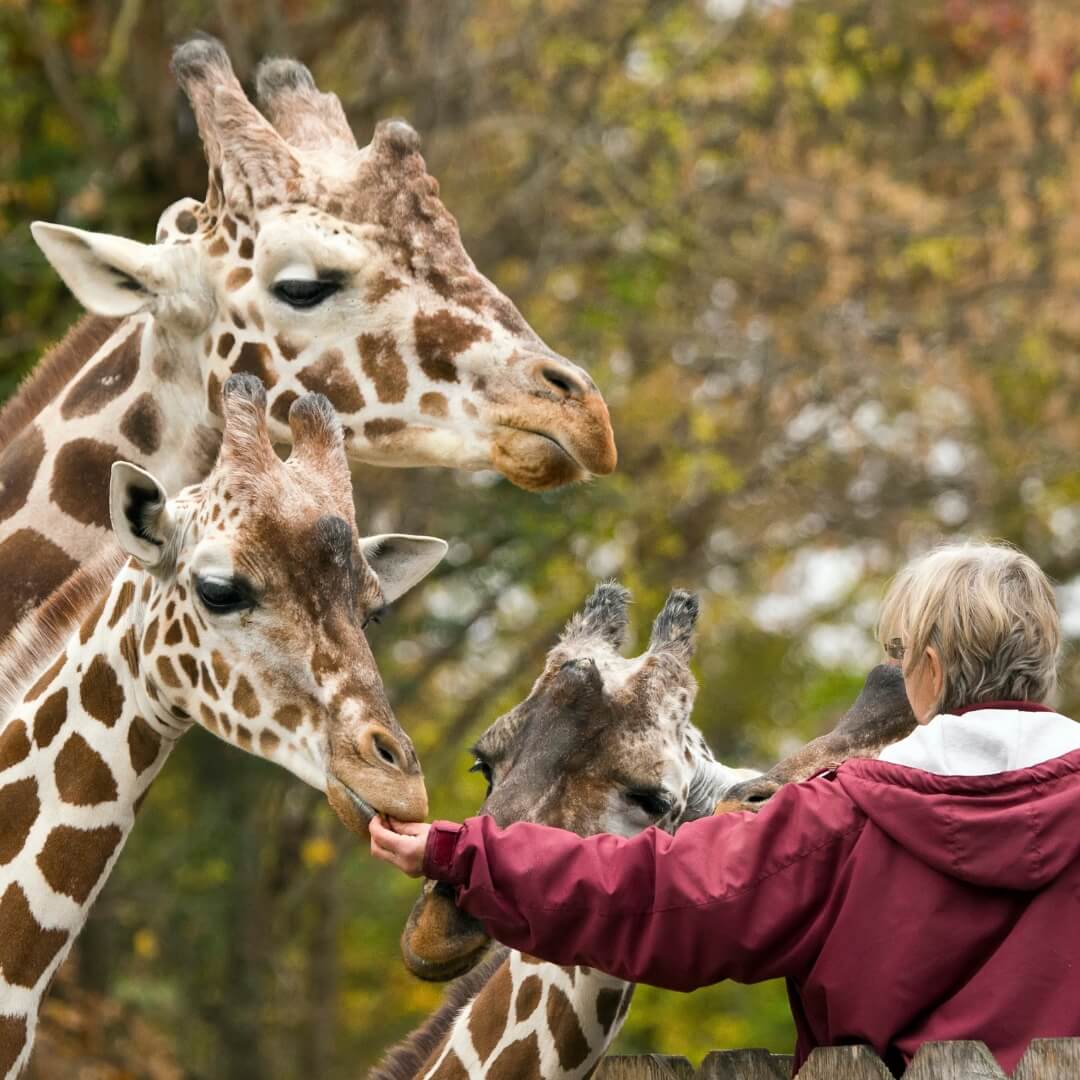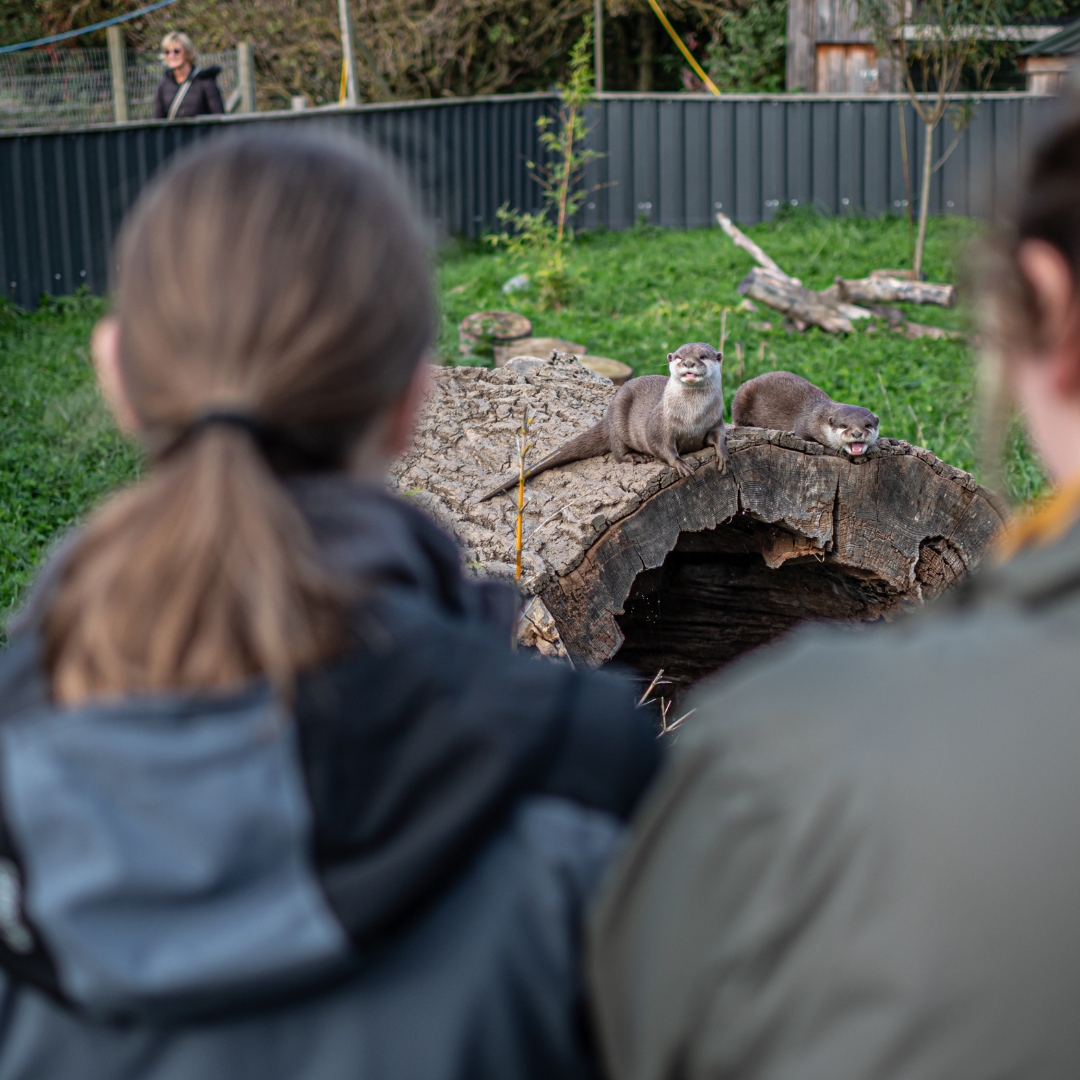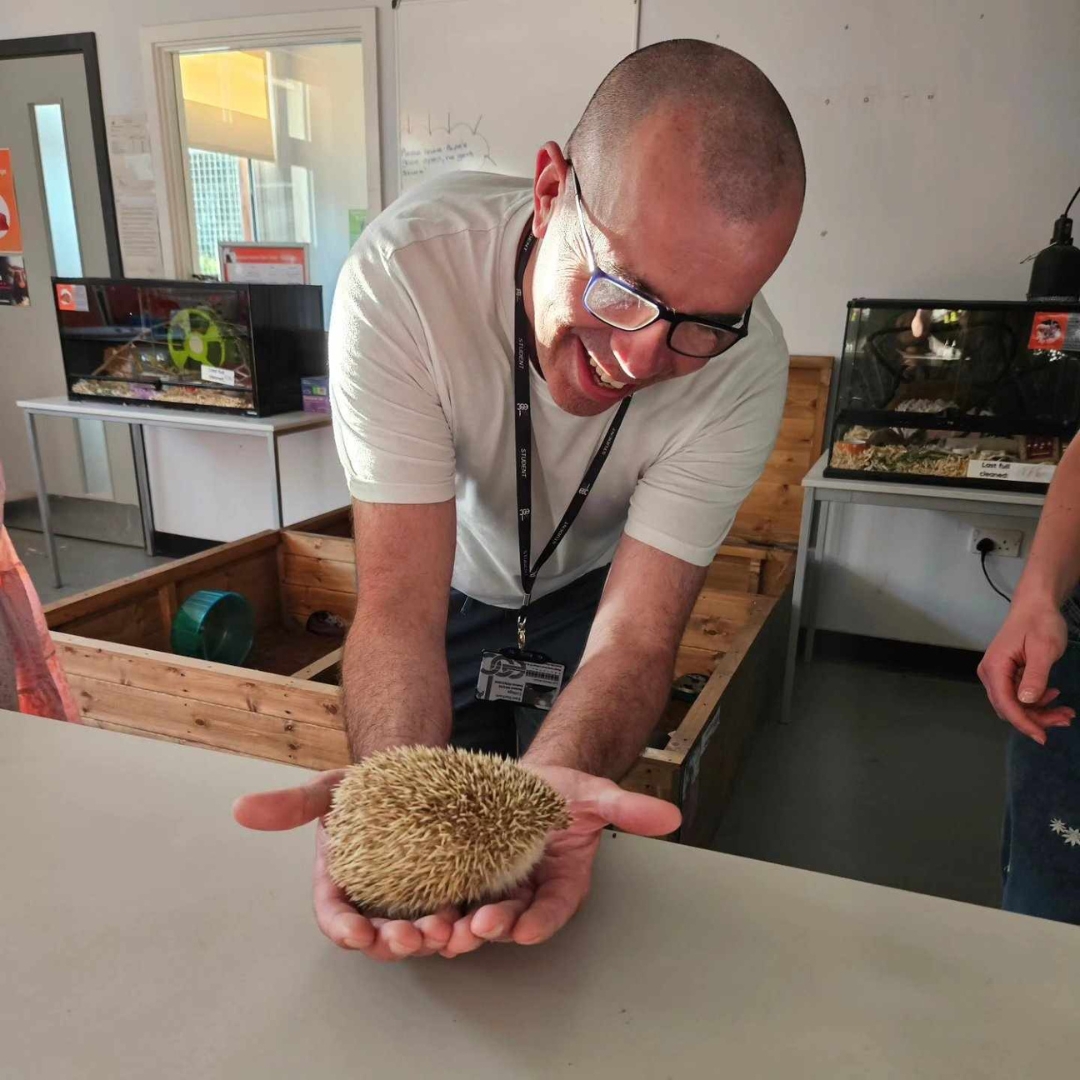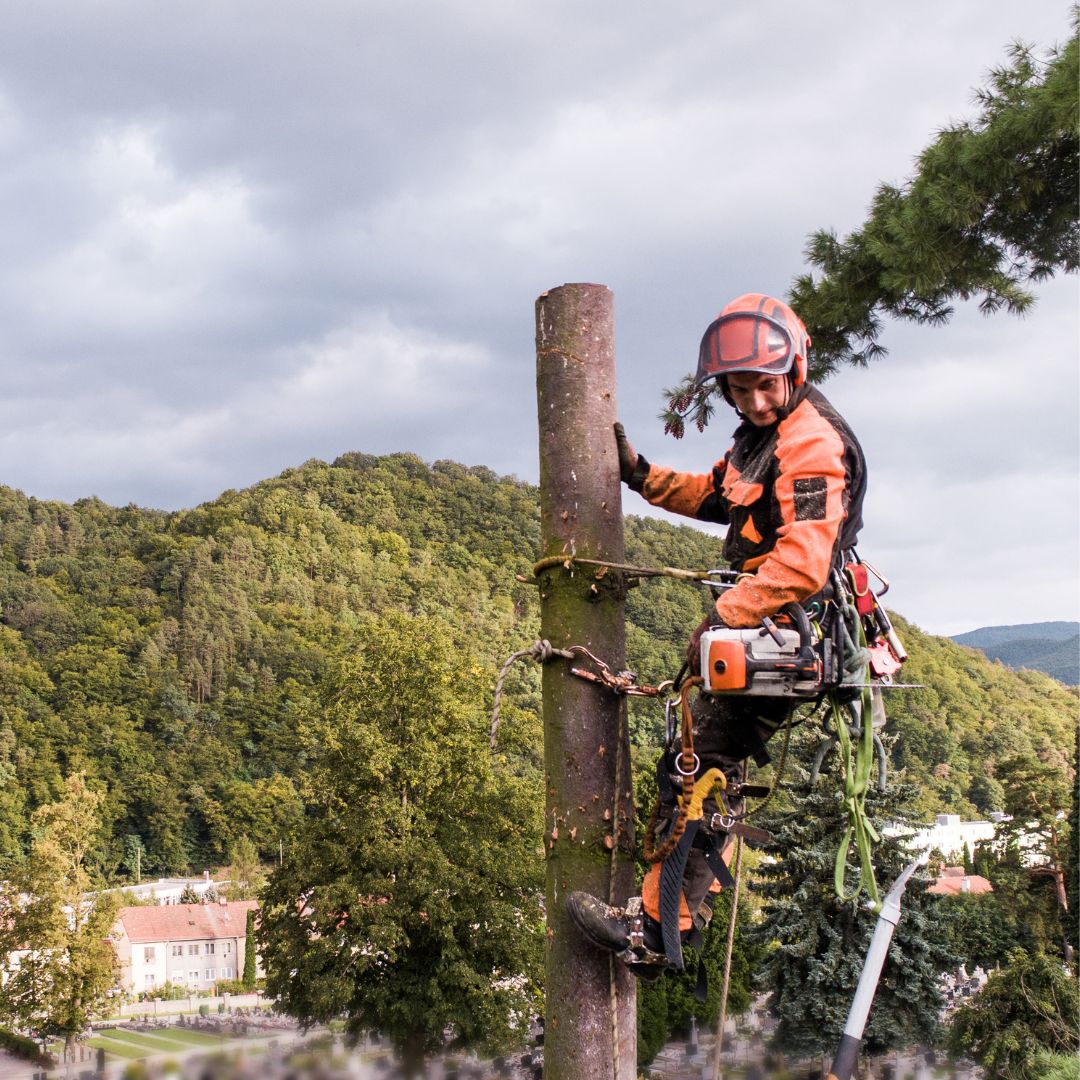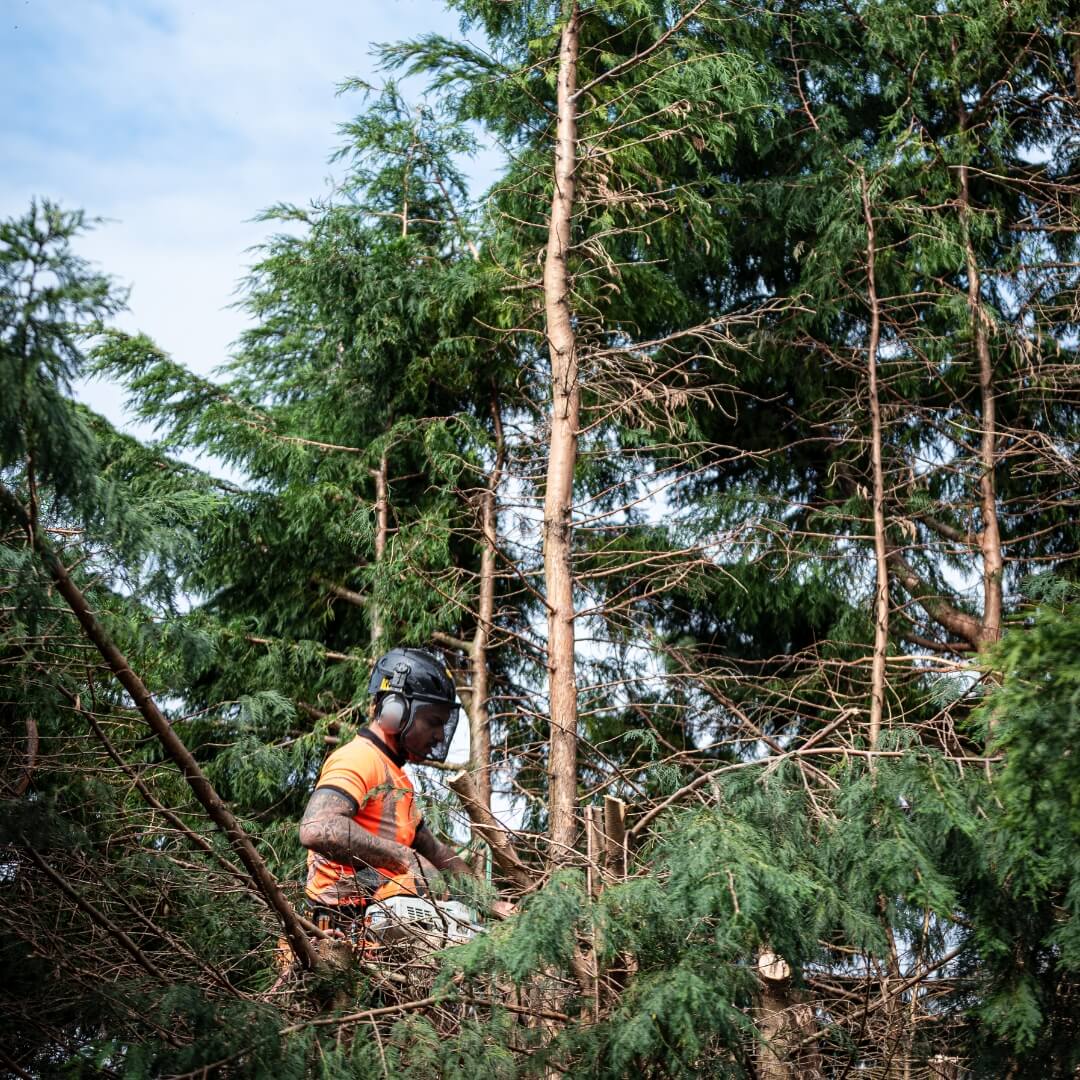AIM Qualifications Level 3 Access to HE Diploma (Veterinary Science)
-
2026-2027
-
Adult Learner
-
Part Time
-
Higher Education
C&G Level 1 Award in Land-based Studies - Introduction to Animal Care 2025-26
-
2025-2026
-
Adult Learner
-
Part Time
-
Vocational
C&G Level 3 Certificate of Competence in Aerial Tree Rigging & Aerial Tree Pruning (formally CS40 & 41) 2025-26
-
2025-2026
-
Adult Learner
-
Part Time
-
Vocational
Level 2 Animal Behaviour and Welfare (City & Guilds)
-
2025-2026
-
Adult Learner
-
Part Time
-
Vocational
Level 2 Certificate of Competence in Chainsaw Maintenance and Cross-Cutting 2025-26
-
2025-2026
-
Adult Learner
-
Part Time
-
Vocational
Level 2 Certificate of Competence in Felling Small Trees up to 380mm 2025-26
-
2025-2026
-
Adult Learner
-
Part Time
-
Vocational
Level 2 Certificate of Competence in Climbing Trees and Aerial Rescue 2025-26
-
2025-2026
-
Adult Learner
-
Part Time
-
Vocational
Level 2 Certificate of Competence in Using a Chainsaw from a Rope and Harness 2025-26
-
2025-2026
-
Adult Learner
-
Part Time
-
Vocational
Level 2 Introduction to Native Wildlife (City & Guilds)
-
2025-2026
-
Adult Learner
-
Part Time
-
Vocational
Level 2 Zoo and Exotic Animal Husbandry (City & Guilds)
-
2025-2026
-
Adult Learner
-
Part Time
-
Vocational
Level 3 Certificate of Competence in Use of a Chainsaw from a Mobile Elevating Work Platform (MEWP) 2025-26
-
2025-2026
-
Adult Learner
-
Part Time
-
Vocational
Refresher Course in Chainsaw Maintenance & Cross Cutting 2025-26
-
2025-2026
-
Adult Learner
-
Part Time
-
Vocational
Refresher Course in Felling Small Trees up to 380mm 2025-26
-
2025-2026
-
Adult Learner
-
Part Time
-
Vocational
Refresher Course in Safe Use of a Chainsaw from a Rope & Harness 2025-26
-
2025-2026
-
Adult Learner
-
Part Time
-
Vocational

